Table of Contents
We love to say Black doesn’t crack, but the truth is our skin can sag, get dull, lose volume, and develop uneven skin tone due to acne, unprotected sun exposure, and hormonal changes. That’s why developing a routine that cares for the needs of our complexions is a critical step in retaining that ageless edge we love to brag about. Facial serums can be essential in the skincare arsenal because they provide high concentrations of active ingredients that target specific complexion issues. ‘A serum can help anyone who is unhappy with the look and feel of their skin,” says Mildred Bell, a licensed medical aesthetician and owner of dermHA by Skin Health Solutions in Downingtown, Pennsylvania.
Board-certified dermatologist Brooke Jackson, MD, of Skin Wellness Dermatology Associates in Durham, North Carolina, adds that when you want to start using them it depends on your particular skin concerns, which may change as you age. “Skin brighteners such as vitamin C can be started in the 20s. Serums that target dry skin aging and discoloration may be started in the late 30s/40s,” she says. “Not all serums are created the same. Prices vary widely, as does efficacy, which is related to the formulation and the concentration of active ingredients.”
What is a serum, and when should it be applied?
Ginger King, a cosmetic chemist and founder of Grace Kingdom Beauty, explains that we should consider serums as treatments. “A serum usually means it is a treatment loaded with active ingredients. It can come as a liquid, gel, or milk lotion,” she says. It is richer than an essence or toner in viscosity, but because it is thinner than a lotion, it penetrates better and can use more active ingredients.” The lightweight formula makes them easily absorbed into the skin.
For those women who use a toner after cleansing their faces to remove residues, the next step should be to apply the serum. But when toner is not part of the regimen, serum should be applied after cleansing and before moisturizer or sunscreen. Dr. Jackson points out that serums are designed to spread easily on the face. Using one or two drops of the concentrated treatment is enough. Whether the serum is applied in the morning, at night, or both depends upon the formula’s active ingredients.
What are some of the key ingredients that are effective for specific conditions?
Many skincare companies utilize many of these ingredients to address specific conditions, but others will also develop proprietary solutions to address specific concerns.
Oiliness: Bell likes products containing hyaluronic acid, alpha hydroxy acids, niacinamide, papaya, witch hazel, and retinol.
Dullness/Dryness: Dr. Jackson suggests looking for serums with Vitamin C, vitamin E, and hyaluronic acid. In addition, King likes alpha hydroxy and beta hydroxy acids. And Bell adds CoQ10, ceramides, retinol, green tea, and ferulic acid.
Fine Lines/Wrinkles: King suggests products with peptides. Dr. Jackson also likes products with retinol and its derivatives. Bell favors hyaluronic acid, alpha-hydroxy acid, retinol, vitamin C, vitamin E, peptides, growth factors, green tea, ceramides, and ferulic acid.
Hyperpigmentation: Dr. Jackson suggests serums that contain niacinamide, vitamin C, and kojic acid. An additional ingredient that King prefers is licorice. While Bell also adds azelaic acid, arbutin, and green tea.
Mature Skin. Bell suggests hyaluronic acid, alpha-hydroxy acid, vitamin C, retinol, niacinamide, peptides, ceramides, ferulic acid, green tea, alpha lipoic acid, and CoQ10. King says peptides and ceramides also work well. Dr. Jackson points out that bakuchiol, retinol, antioxidants, polyphenols, and reservatrol are also effective.
Sensitive Skin. Dr. Jackson says to look for serums with hyaluronic acid and niacinamide.
A Few Things to Keep in Mind
Dr. Jackson says that it is important to note that some serums may irritate underlying conditions. “Layering or mixing serums can also cause irritation,” she explains. “Concentrated ingredients in serums can irritate skin. Be cautious when combining with other ingredients in your skincare regime, whether they are over-the-counter or prescription products.” Always consult your board-certified dermatologist for guidance.
12 Serums We Love
*Pholk Featherlight Cucumber SkinNectar, $30
Tula Sensitive Skin Calming Vitamin B Serum, $48
*BeautyStat Universal C Brightening Vitamin C Serum, $85
*Kadalys Pink Banana Glow Booster Serum, $90
*Eadem Milk Marvel Dark Spot Serum, $68
*4.5.6 Skin Sevenly Delight Brightening Serum, $85
Korres Black Pine Scupt & Lift Serum, $65
Caudalie Reservatrol Lift Instant Firming Retinol Alternative Serum, $84
Decorté Liposome Advanced Repair Serum, $75
*Caire Theorem ‘Serum Boost, $56, and Serum with Body Roller, $80
*Buttah Skin Retinol Sterling Silver Everlasting Oil, $49
*Absolute Joi Retinol Plus Vitamin C Skin Refining Night Oil, $64
(*Black-owned brands)

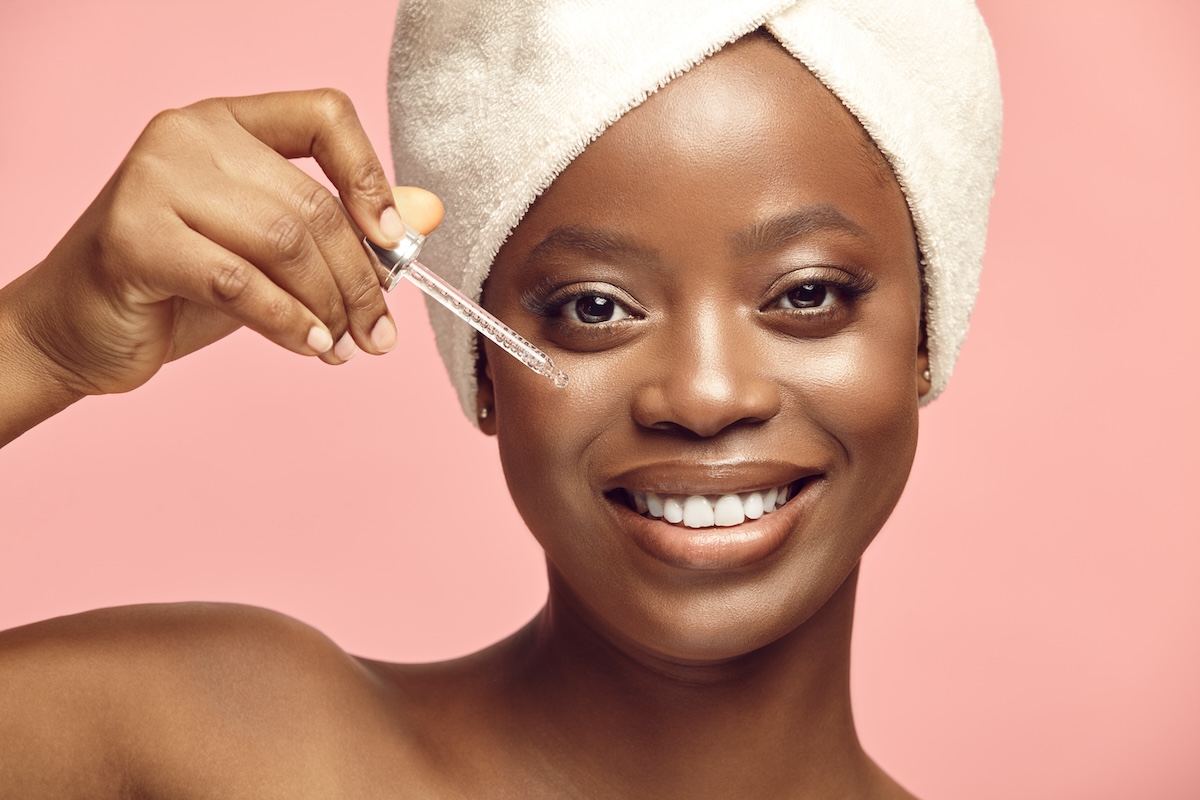
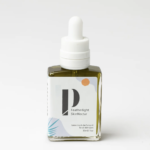




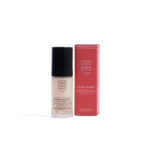


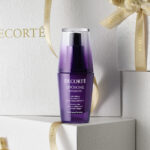
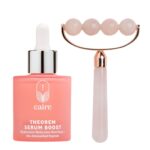
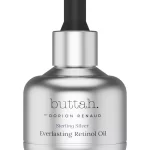
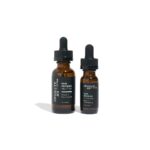
More Stories
10 merek aksesori smartphone terbaik di tahun 2024
7 motor sport paling terkenal dan mahal di dunia
10 Hotel di singapore yang menawarkan fasilitas mewah